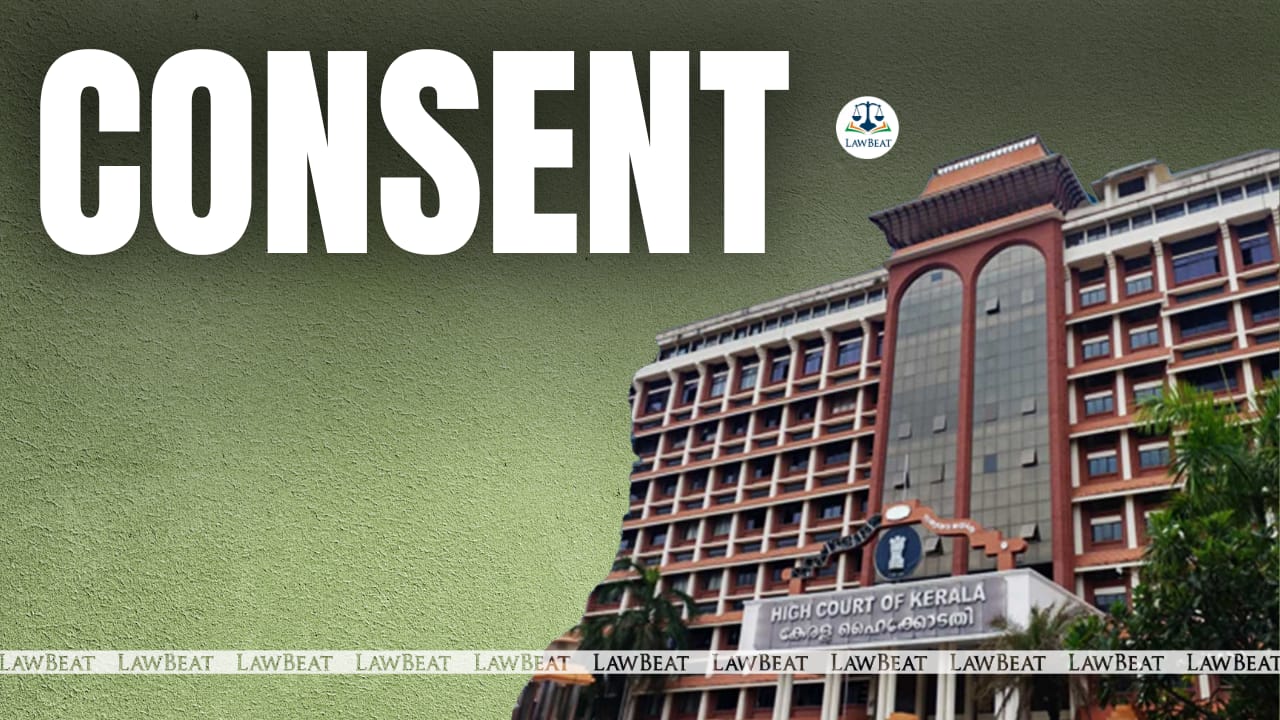Promise to Marry Victim Without Intention or Inclination To Do So Vitiates Consent : Kerala HC Refuses to Quash Rape Case

The court clarified that consent means an unequivocal voluntary agreement expressed through words, gestures, or any form of communication to participate in the specific sexual act
The Kerala High Court rejected a plea to quash criminal proceedings in a rape case, emphasising that a promise to marry made without genuine intention or inclination to fulfill it vitiates consent under Section 375 of the Indian Penal Code (IPC).
A Single judge bench of Justice A. Badharudeen, observed, “the legal position is emphatically clear that a promise to marry, without having any intention or any inclination to marry the victim, will vitiate the consent in terms of Section 90 of IPC, concomitantly if consent has been given under fear of injury or misconception of fact, such consent obtained, cannot be construed to be valid consent. So also, when the prosecutrix had sexual intercourse with the accused on the bona fide representation made by the accused that he would marry her, the same was a false promise at the instance of the accused and the same is hit by Section 90. That apart, as categorically enumerated as `Secondly’ under Section 375 of IPC, consent is treated as “wilful consent”.”
The prosecution alleged that the accused/ petitioner, who became acquainted with the complainant in 2021-2022 while working in Kolkata, developed a relationship under the pretense of love and a promise to marry. On February 7, 2021, the petitioner allegedly coerced the complainant into sexual intercourse at a hotel in Kottayam. Despite her resistance, he continued to exploit this promise to sustain a sexual relationship until April 28, 2023. Ultimately, the petitioner withdrew from the promise of marriage, leading to charges of rape and cheating under Sections 376, 376(2)(n), and 420 of the IPC. However, the accused argued that the relationship was consensual and rooted in mutual affection.
The court reiterated the principles of consent under Section 90 of the IPC, stating that consent given under a misconception of fact is not valid. The court underscored that a promise to marry, if made without intention or inclination to fulfill it, vitiates consent, rendering any subsequent sexual act non-consensual.
Further highlighting Explanation 2 of Section 375, the court stated, “Consent means an unequivocal voluntary agreement when the woman by words, gestures or any form of verbal or non-verbal communication, communicates willingness to participate in the specific sexual act.
The court also noted that in cases involving rape allegations, Section 114A of the Indian Evidence Act, presumes the absence of consent if the prosecutrix states that she consented due to a false promise. The burden of proof lies on the accused to rebut this presumption.
The court clarified that “when, prima facie, materials would show that the prosecutrix was subjected to sexual intercourse on the promise of marriage without any bona fides and under a misconception of fact, then the consent is vitiated. If the materials would show that the relationship is purely consensual without an element of misconception of fact, the same is not rape.”
The court emphasised that such matters require detailed examination during the trial, stating that quashing the case cannot be considered without allowing the prosecution to present evidence supporting the allegation that the sexual intercourse resulted from a misconception of fact arising from a promise of marriage. The petitioner’s plea, was thus, dismissed.
Cause Title: Amal Das v State of Kerala [Crl.M.C No.569 of 2024]
Appearances: For the accused/petitioner: Advocates Basil Chandy Vavachan, Charutha Bhaiju, Georgie Simon, Basil Sajan, Chandhana Bhaiju, Fathim Navas, Basil Scaria and Kavya P.R.
For R2 (Defacto Complainant): Advocate Nandagopal S. Kurup
For the State: Public Prosecutor Sri M. P. Prasanth
